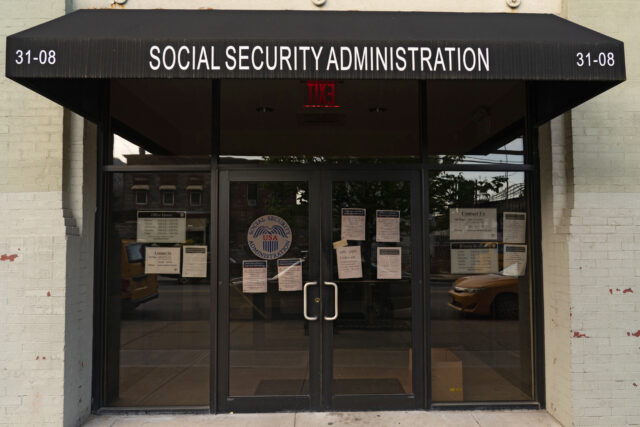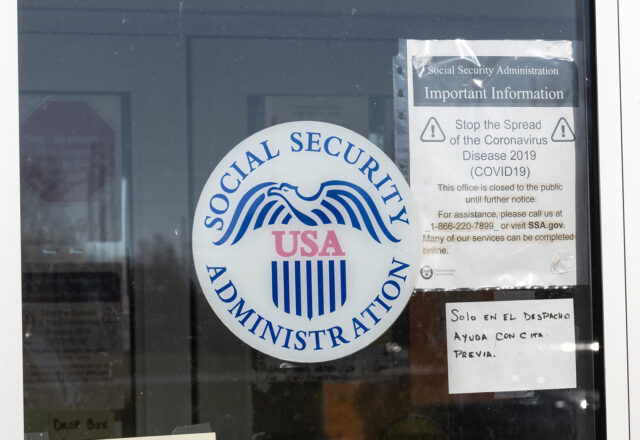
COVID’s Impact on Claiming Social Security
The economy expanded smartly in the years before the Great Recession, just as it did before the COVID downturn. But the two recessions were markedly different, with opposite effects on when older workers signed up for Social Security, a new study finds.
In 2008, the stock market slid nearly 40 percent. Older Americans with retirement accounts, wanting to recoup their losses, were more likely to keep working or looking for a new job during the protracted downturn. But skyrocketing unemployment pushed many older workers in the other direction.
Social Security became an obvious fallback in the Great Recession for jobless workers who were at least 62 years old as the unemployment rate stagnated at around 10 percent for 1½ years. Not surprisingly, then, more people overall started claiming the retirement benefit early.
The COVID recession had the opposite effect on Social Security claiming. There was a slight decline in the likelihood that older workers started their benefits early – defined as prior to Social Security’s full retirement age – according to the Center for Retirement Research.
COVID played out differently mainly because the generosity of the federal pandemic assistance was unprecedented. First, in March 2020, Congress approved $600 weekly payments to supplement the standard unemployment benefit and extended them for 13 weeks. In December 2020, Congress renewed the weekly supplement at $300 and extended the benefits for 11 weeks. In March 2021, they were extended again through the end of September.
During COVID, the slight drop in claiming Social Security early was driven by older workers whose earnings are in the bottom two-thirds of all workers’ earnings. The unemployment support from the federal government made it easier for them to stay afloat without having to sign up for the retirement benefit.
The stock market also behaved much differently in the pandemic than in the 2008 financial crisis. During COVID, the market snapped back within months of its steep drop. The Standard & Poor’s 500 index rose 18 percent in 2020 and soared another 28 percent in 2021. House prices also surged.
People with assets responded to their newfound wealth, becoming more likely to sign up for their Social Security benefits early relative to those without assets, the researchers found.
Still, this impact was more than offset by the decline in early claiming overall because more older Americans were using their generous unemployment benefits to keep paying the bills.
The bottom line, the researchers said, is that the pandemic assistance that kept them in the labor market “assured them slightly higher monthly Social Security benefits throughout retirement.”
To read this study, authored by Anqi Chen, Siyan Liu, and Alicia Munnell, see “Social Security Claiming: COVID-19 vs. the Great Recession.”
The research reported herein was derived in whole or in part from research activities performed pursuant to a grant from the U.S. Social Security Administration (SSA) funded as part of the Retirement and Disability Research Consortium. The opinions and conclusions expressed are solely those of the authors and do not represent the opinions or policy of SSA, any agency of the federal government, or Boston College. Neither the United States Government nor any agency thereof, nor any of their employees, make any warranty, express or implied, or assumes any legal liability or responsibility for the accuracy, completeness, or usefulness of the contents of this report. Reference herein to any specific commercial product, process or service by trade name, trademark, manufacturer, or otherwise does not necessarily constitute or imply endorsement, recommendation or favoring by the United States Government or any agency thereof.






